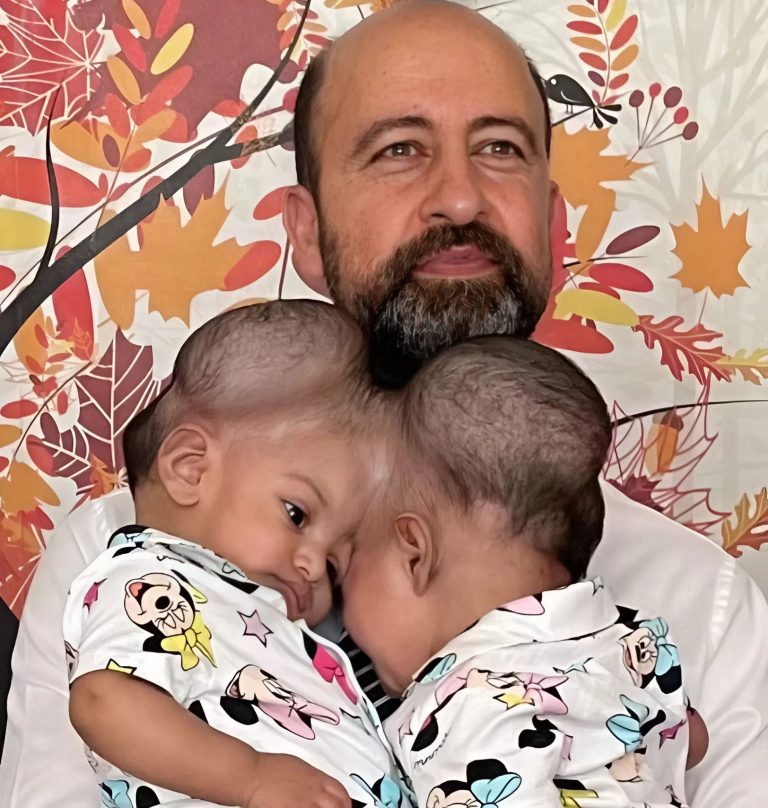My MIL Tossed My Late Son’s Clothes in the Dumpster, but I Revealed an Even Worse Secret of Hers in Front of Everyone
Two years have passed since the narrator lost her beloved son, Caleb—a grief that time has softened but not erased. Each day, she wakes with the ache of his absence, but also with the quiet comfort of his presence, preserved in the small, meaningful belongings stored in a cedar chest at the foot of her bed. Inside are the remnants of a life gone too soon: Caleb’s favorite dinosaur hoodie, scuffed sneakers still dusted with playground dirt, and a crayon drawing of their family that once hung proudly on the fridge. These items are not just things—they are sacred reminders, fragments of joy that tether her to the boy she will always love.
Her husband, Ethan, mourns in his own quiet way. Though they grieve differently, he supports her need to hold on. He doesn’t judge the way she runs her fingers over the soft fabric of Caleb’s hoodie or the way she sometimes whispers goodnight to a drawing. But his mother, Lorraine, sees things differently. To her, grief has an expiration date. She has often criticized the narrator, saying she’s “stuck in the past,” urging her to “let go” and “move on.” But for the narrator, moving on doesn’t mean forgetting. It never will.
Then, one afternoon, the narrator returns home to a quiet that feels off. The cedar chest is missing. Panic sets in. A frantic search reveals the unimaginable: Caleb’s precious belongings tossed in the trash bin outside. She digs through the refuse, tears blinding her, heart pounding, retrieving what she can. Horror gives way to rage as she realizes what has happened—Lorraine, uninvited and unapologetic, has discarded the chest. When confronted, Lorraine smugly defends her actions as an “act of mercy,” dismissing Caleb’s items as “just things” and claiming she did what needed to be done to help her “move forward.”
But grief is not a wound to be forced closed. It is a scar that deserves to be honored.
Determined to protect what little she has left of Caleb—and to finally expose Lorraine’s cruelty—the narrator installs a hidden nanny cam in the guest room. In the process of salvaging Caleb’s items, she discovers something else missing: her grandmother’s silver bracelet, once worn by Caleb during his hospital stays for comfort. Weeks later, Lorraine shows up at a family gathering wearing the bracelet, brazenly claiming it was a gift. The narrator doesn’t argue. Not yet. Quietly, she visits local pawn shops and finds the proof—a receipt for forty-three dollars.
She waits for the right moment.
At a small family dinner, she serves a warm meal. The room is full of familiar chatter, clinking silverware, and an air of normalcy. Then, without a word, she walks over to the television and presses play. Footage from the nanny cam fills the screen, showing Lorraine rummaging through the guest room and hauling out the chest. Shock ripples through the room. Next, the narrator sets the pawn shop receipt on the table, irrefutable evidence of Lorraine’s deceit.
Ethan is shattered. His anger is swift and final—he tells his mother to leave. No more justifications. No more lies. Lorraine’s manipulations have been laid bare, and this time, no one defends her.
As silence settles, the narrator offers a final, tender blow: a recording of Caleb’s bedtime message. His small voice fills the room, warm and innocent. “Goodnight, Mommy. I love you.”
There are tears, but no more shame.
That night, the narrator feels something she hasn’t felt in a long time: peace. Caleb’s memory is safe. She honors him not with displays, but with quiet, fierce devotion. Grief, she knows now, is not weakness—it is love that refuses to fade.
And love, even in loss, endures.



